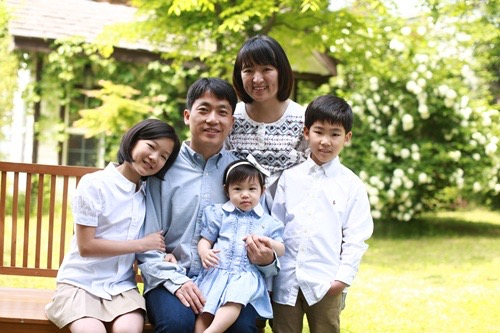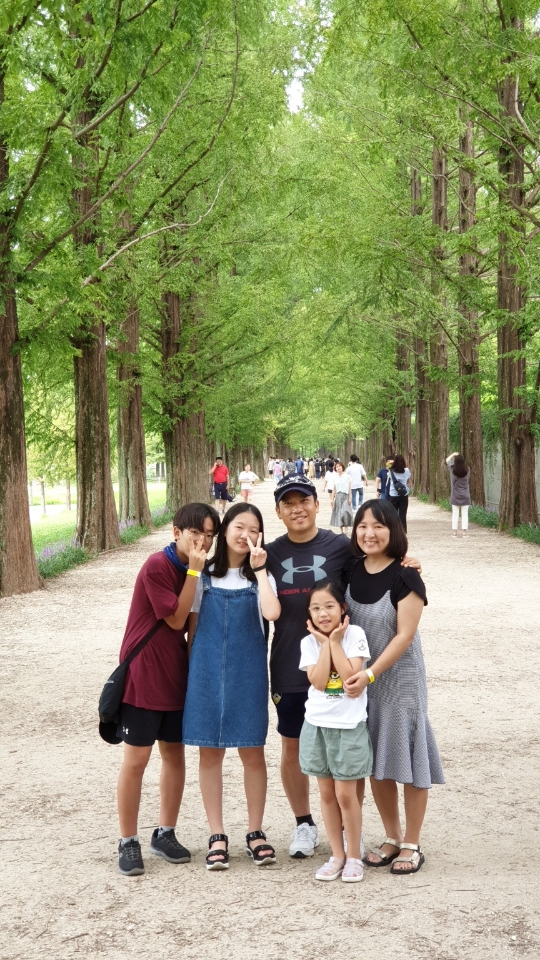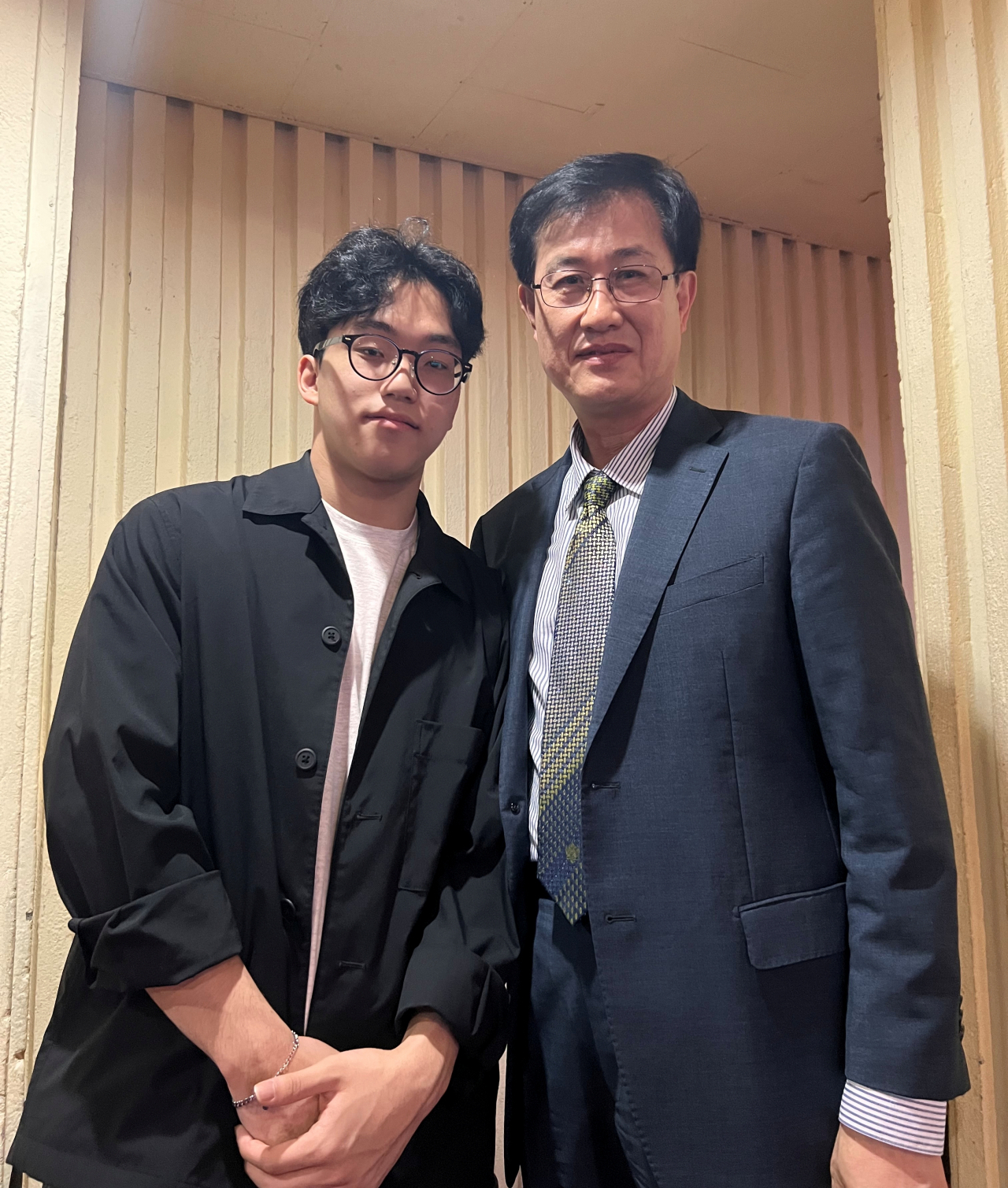 |
A picture of Jeon Sung-shin's family (Courtesy of Jeon Sung-shin) |
When Jeon Sung-shin, 45, was looking to expand her family without going through childbirth again, she met her then 50-day-old daughter at an orphan care center 11 years ago.
Jeon fell in love with her at first sight and knew adoption would be a beautiful way to build her family.
Growing up with the family, Jeon's youngest daughter is now in the sixth grade and is a promising tennis player.
But Jeon said rearing her hadn't always been easy, mainly because adoption still carries so much stigma, especially in a country where the “primacy of blood” had been of paramount importance under the Confucian ideology.
Jeon pointed out that the importance placed on genetic identity makes people close their minds to adoption.
“Unlike Western countries, Koreans often tend to refer to somebody's birth mother when talking about who is really their family. But the biological parent has no custody over the child because all the rights are transferred to the adoptive parent,” Jeon underscored.
 |
A picture of Jeon Sung-shin's family (Courtesy of Jeon Sung-shin) |
While adoption remains an unpopular avenue for parenting, Jeon described it as “another way of giving birth to a child.”
“It’s shallow to think that physically delivering a child through natural birth or C-section is the only way to add to a family. Even without those two methods, a parent and a child can bond through adoption,” Jeon said.
“In fact, a parent’s love is different from any other kind -- even if they didn’t physically give birth to them. After giving (my daughter) immense love and care, I’ve realized that we were destined to be,” she said.
A 17-year-old adoptee Park Eui-chan said the government and society should try to correct misunderstandings surrounding adoption, and educate people on how families are formed in different ways.
“One perception about adoption is that we were shuffled out of sight (by our biological parents). But now that I think of it, I was destined to meet my family and be a part of them, not thrown away,” Park said.
Park suggested that the government create video educational campaigns containing content that could dispel misconceptions about adoption and highlight its positive aspects. He also said that schools should strengthen the school curriculum on lessons about families to promote acceptance and let them know that families are not always linked by blood.
“Allowing people to interact more with adoptive families and adoptees through various events could also be another way,” Park noted.
 |
Park Eui-chan (left) and Park Jong-seok pose for a picture (Park Jun-hee/The Korea Herald) |
In addition to combating the stigma, Jeon urged the government to do more to streamline the adoption process.
South Korea has made progress in recent years to improve support, according to Jeon, but the low number of adopters shows that the system needs an overhaul.
A total of 229 children subject to protection, defined as those with no protector or separated from a protector under the country’s Child Welfare Act, have been placed in new families in 2023, according to the latest data provided by the Health Ministry. Of them, 150 were domestically adopted, while 79 were adopted overseas.
“Adoption is still done at the private level where aspiring adoptive parents look up agencies on their own. Also, adoption is largely based on the preferences of adoptive parents, not the rights and interests of children, so I would like to ask the government to come up with a child-centered adoption system,” Jeon said.
When asked how, Jeon said the government should collect adoptive families' opinions more frequently to help make policy decisions. With this, the adoptive families could help understand the likely impact of the proposed measures.
“In the end, I know that the government wants to boost the number of people becoming adoptive parents and help adoptees choose the right family, and we hope to be a part of that move,” Jeon said.







![[Weekender] Korea's traditional sauce culture gains global recognition](http://res.heraldm.com/phpwas/restmb_idxmake.php?idx=644&simg=/content/image/2024/11/21/20241121050153_0.jpg)